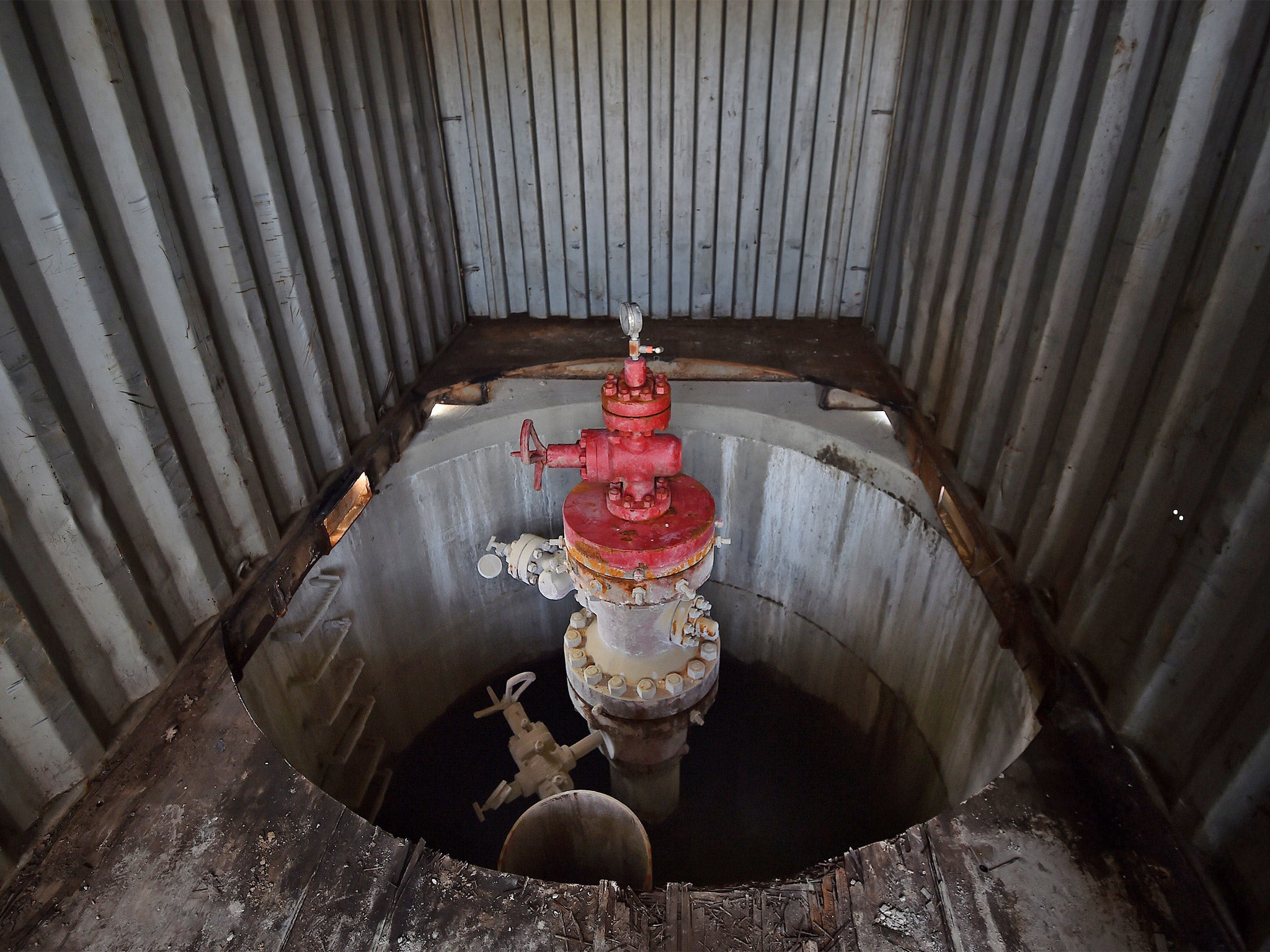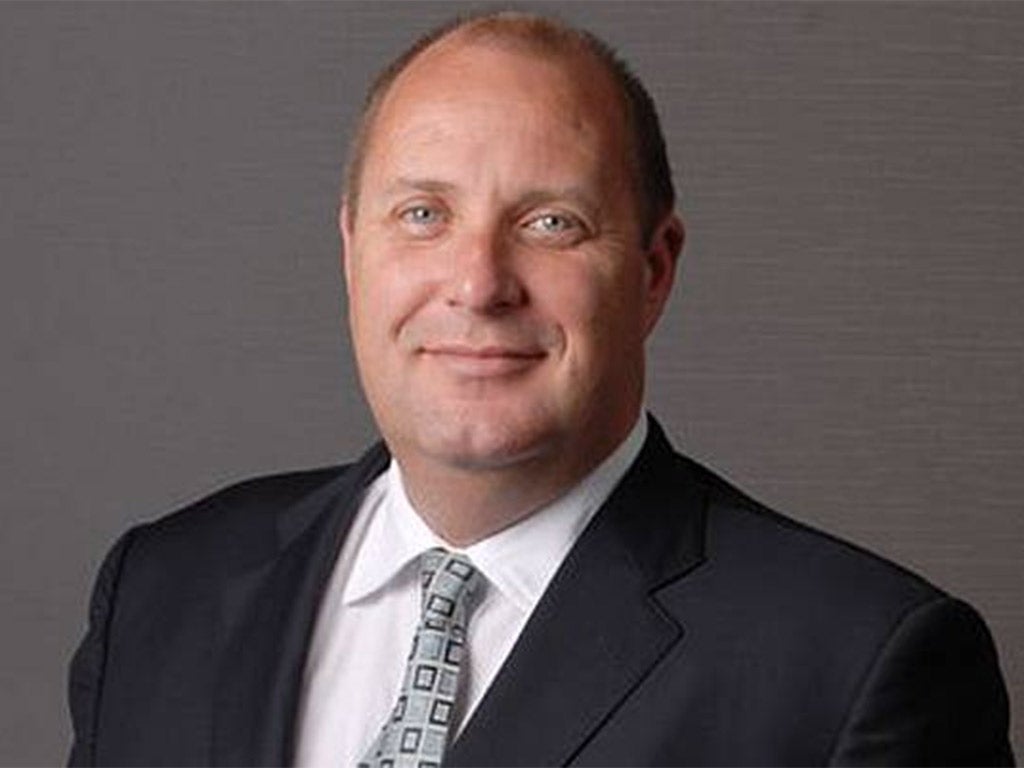Gatwick oil discovery: UKOG issues climbdown as black gold boom 'sounds too good to be true'
The small oil company involved was forced by the London Stock Exchange to make revised predictions

Your support helps us to tell the story
From reproductive rights to climate change to Big Tech, The Independent is on the ground when the story is developing. Whether it's investigating the financials of Elon Musk's pro-Trump PAC or producing our latest documentary, 'The A Word', which shines a light on the American women fighting for reproductive rights, we know how important it is to parse out the facts from the messaging.
At such a critical moment in US history, we need reporters on the ground. Your donation allows us to keep sending journalists to speak to both sides of the story.
The Independent is trusted by Americans across the entire political spectrum. And unlike many other quality news outlets, we choose not to lock Americans out of our reporting and analysis with paywalls. We believe quality journalism should be available to everyone, paid for by those who can afford it.
Your support makes all the difference.An oil boom may not be about to turn the area around Gatwick airport into the Dallas of southern England after all, despite excited announcements just last week that as many as 100 billion barrels of black gold may be lying beneath the fields of Kent, Sussex and Hampshire.
While experts were quick to cast doubt on the scale of the forecast, the small oil company involved was forced by the London Stock Exchange to make revised predictions.
The excitement started on Thursday last week when Stephen Sanderson, chief executive of UK Oil & Gas (UKOG), said test drilling in the Gatwick area had identified great potential across the region. “Based on what we’ve found here, we’re looking at between 50 and 100 billion barrels of oil in place in the ground. We believe we can recover 5 per cent to 15 per cent of the oil in the ground, which by 2030 could mean that we produce 10 per cent to 30 per cent of the UK’s oil demand from within the Weald area,” he said.
David Lenigas, the Australian “serial entrepreneur” and Monaco resident who chairs UKOG, stoked the excitement further by suggesting the oil discovery could create “many thousands of jobs”.

UKOG conceded on Wednesday, however, that it was not in a position to properly assess the potential of the whole “Weald basin”, which takes in Kent, Sussex and Hampshire.
The company said its estimate for the 3,500 square-mile Weald had been based upon limited exploration from a single well in a very small section of the overall basin – the 55 square mile Horse Hill licence that makes up a tiny fraction of the overall Weald basin. As a result, it was not in a position to make a forecast for the basin as a whole where the rock formations vary considerably depending on the area.
“The company has not undertaken work outside of its licence areas sufficient to comment on the possible oil in place [for] the weald basin,” the company said in a statement.
UKOG’s estimate for the Weald basin dwarfs a prediction made by the British Geological Survey last year that the area could contain a maximum of 8.5 billion barrels of oil.
Don't call JR Ewing yet - the Weald 'oil find' is not proven
Claims up to 100 billion barrels of oil met with substantial scepticism
Gatwick oil Q&A: from fracking to petrol prices, everything you need to know
Up to 100 billion barrels discovered underground in biggest onshore find for three decades
The company also cautioned that any predictions “should not be considered as either contingent or prospective resources of reserves” – a standard caveat, meaning that the area may never yield a single drop of oil. It said the area needed to explored more thoroughly to establish how much oil it can be commercially viable to extract.
“Further development work in the form of appraisal drilling, well testing and assessment of recover factors will be required to seek to quantify net resources in relation to the company’s licence areas and to prove its commerciality,” the company said.
UKOG’s announcement came a day after a leading oil and gas expert became the latest to question UKOG’s claims.
“Estimates for 100 billion barrels of oil are very misleading. Rarely are formations that homologous where a single discovery can be extrapolated over a very wide area,” said Matthew Jurecky, head of oil & gas research and consulting at GlobalData.
Join our commenting forum
Join thought-provoking conversations, follow other Independent readers and see their replies
0Comments